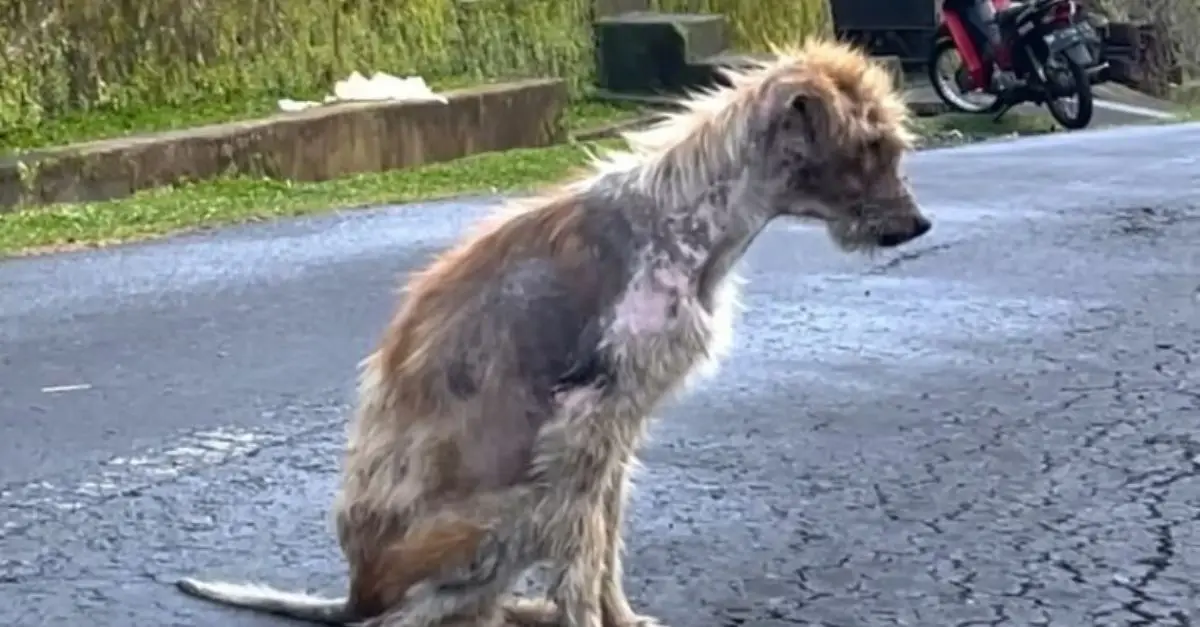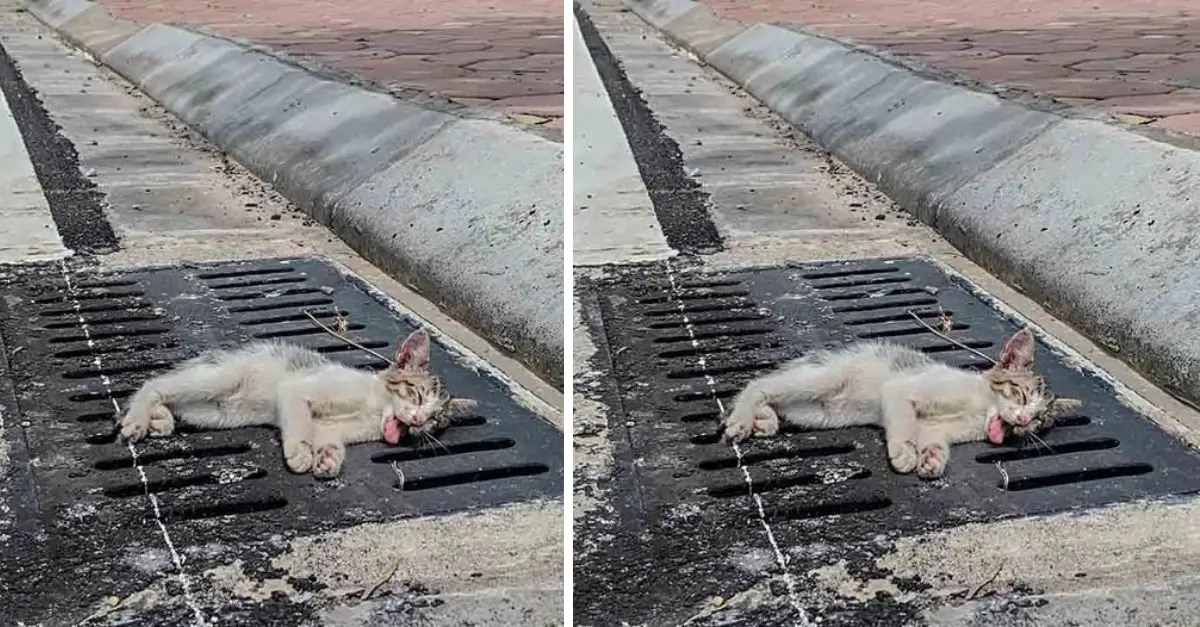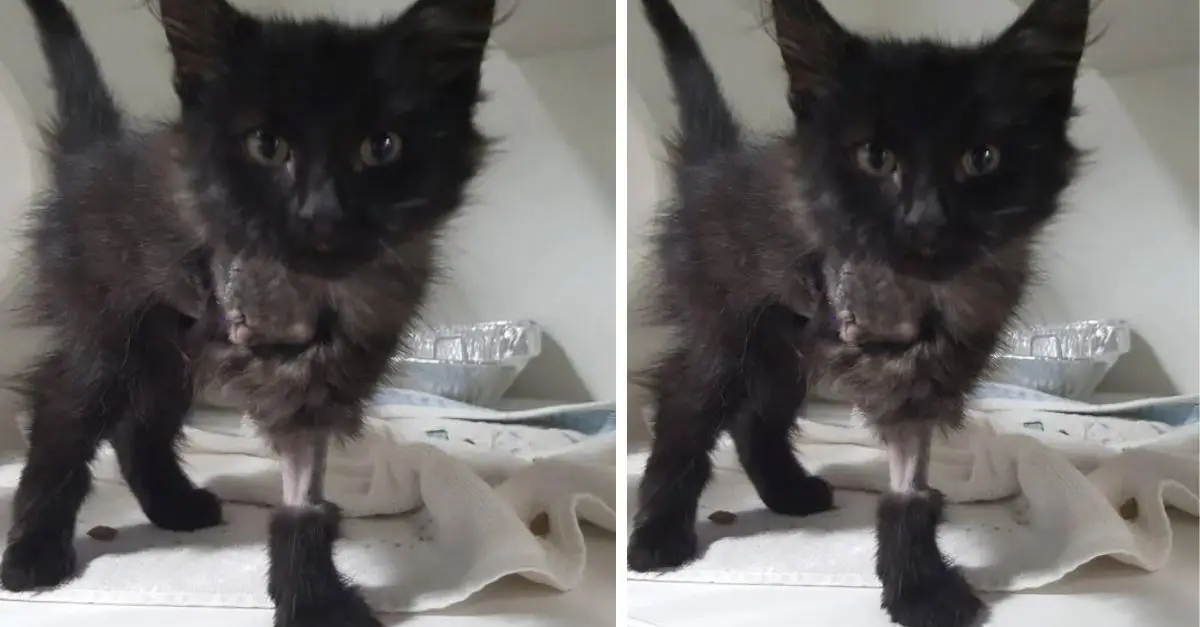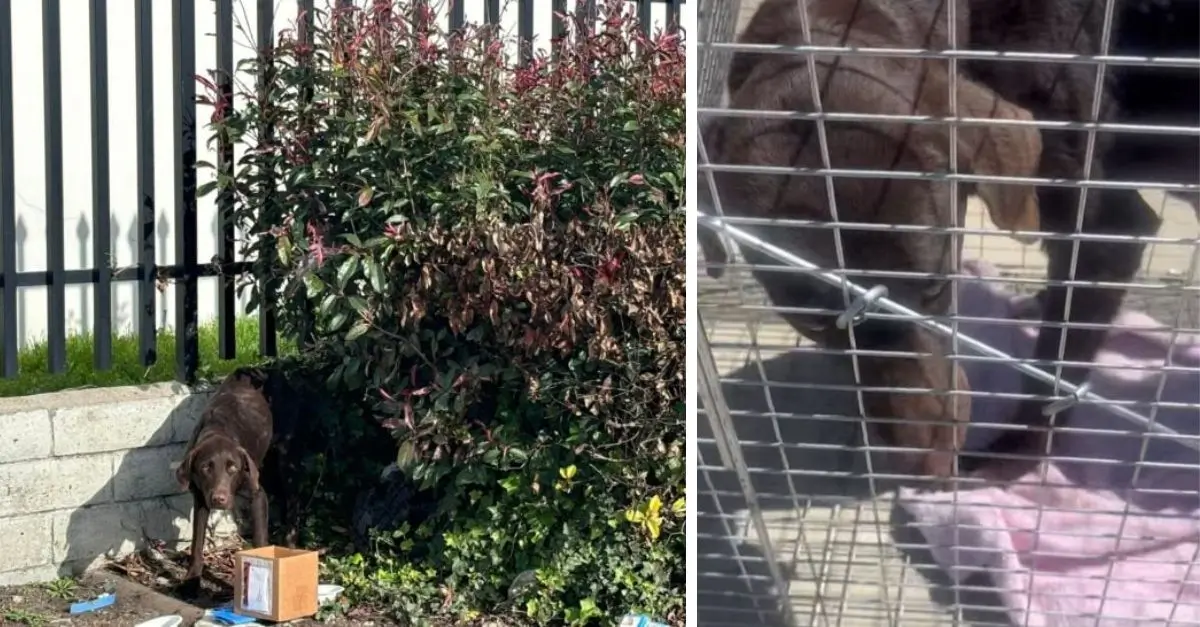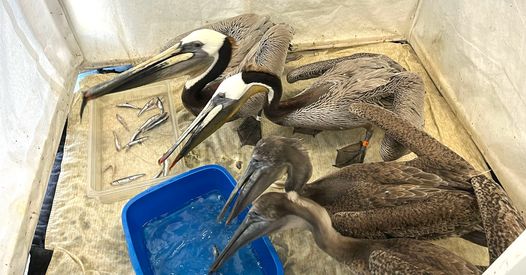
California’s animal rescue agencies are facing a surge in emaciated and starving brown pelicans. Thousands of these magnificent birds have been brought to rehabilitation centers along the coast, from Santa Cruz to San Diego.
The cause of this die-off remains a mystery. While initial examinations point towards starvation, the reason behind the pelicans’ struggle to find food is unclear. It has recently been reported that the birds have been dive-bombing city streets as their wings have become tangled in fishing lines.
A Race Against Time
These social birds, known for their graceful dives and enormous pouches, are succumbing to starvation-related illnesses within days of arriving at rescue centers. Thankfully, many respond well to care, but their release depends on a return of readily available food sources.
The numbers of suffering pelicans have increased since April 20, and according to a news release from the Department of Fish and Wildlife the dehydrated birds have also been spotted in the Bay Area.
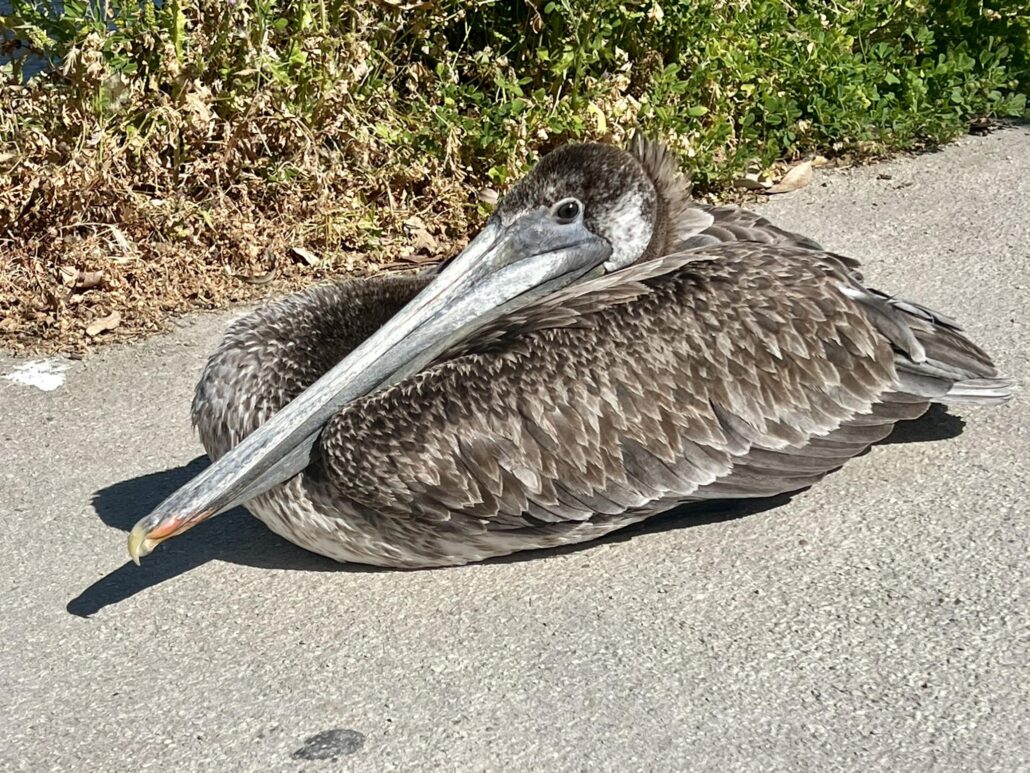
Since April 20th, 70 pelicans have arrived at the organization’s two California wildlife centers. As these birds are having difficulty finding fish, many of them are injured, entangled in fishing line, and getting picked up from unusual locations away from the coast.
This patient was found lethargic, wandering around a fire department station in Malibu, CA. He remains in care with dozens of others while he regains his strength.
If you find a pelican in need of care, please contact our Bird HelpLine 866-SOS-BIRD (866-767-2473). After hours, please contact your local animal control.
Rescue Efforts in High Gear
Wildlife rehabilitation centers are overwhelmed by the influx of patients. Veterinarians report cases of severe malnutrition, dehydration, and anemia. Rescue workers are stretched thin, but their dedication is unwavering. They are working tirelessly to provide food, fluids, and vital medical attention to these vulnerable birds.
At least 253 pelicans have arrived at the International Bird League’s rescue centers in Los Angeles and Fairfield.
most birds are coming in cold, emaciated and anemic – essentially starving to death.
Dr. Rebecca Durerr

The Search for Answers
Scientists are scrambling to find the cause of this unprecedented event. Possible explanations include changes in prey availability, environmental factors impacting fish populations, or toxin contamination in the food chain.
… rescuing this juvenile brown pelican buddy. found lying in the sun on the sidewalk by the side of (salt water) Lake Merritt, Oakland CA. We brought him to the International Bird Rescue in Fairfield. Apparently, it’s not avian flu, but they have been receiving dozens of starving brown pelicans recently. Either there isn’t enough of food, or for some reason they aren’t catching it. The Rescue is going to feed him and hopefully release him in about three week
A Call for Support
Check out this pelican starting to feel better:
https://www.facebook.com/intbirdrescue/videos/304873835988664
These rescue efforts require significant resources. Donations to wildlife rehabilitation centers can directly help with food, medication, and staffing. Volunteers are also in high demand to assist with the overwhelming number of patients.
The future of California’s brown pelicans hangs in the balance. By supporting rescue efforts and research initiatives, we can help these remarkable birds overcome this crisis and soar freely once again.
Follow the National Pet Rescue on Facebook for the latest animal related news.






